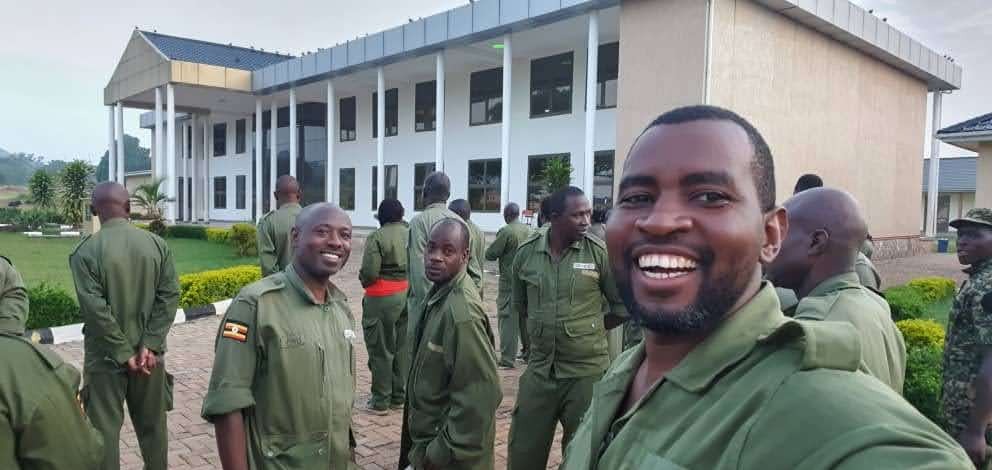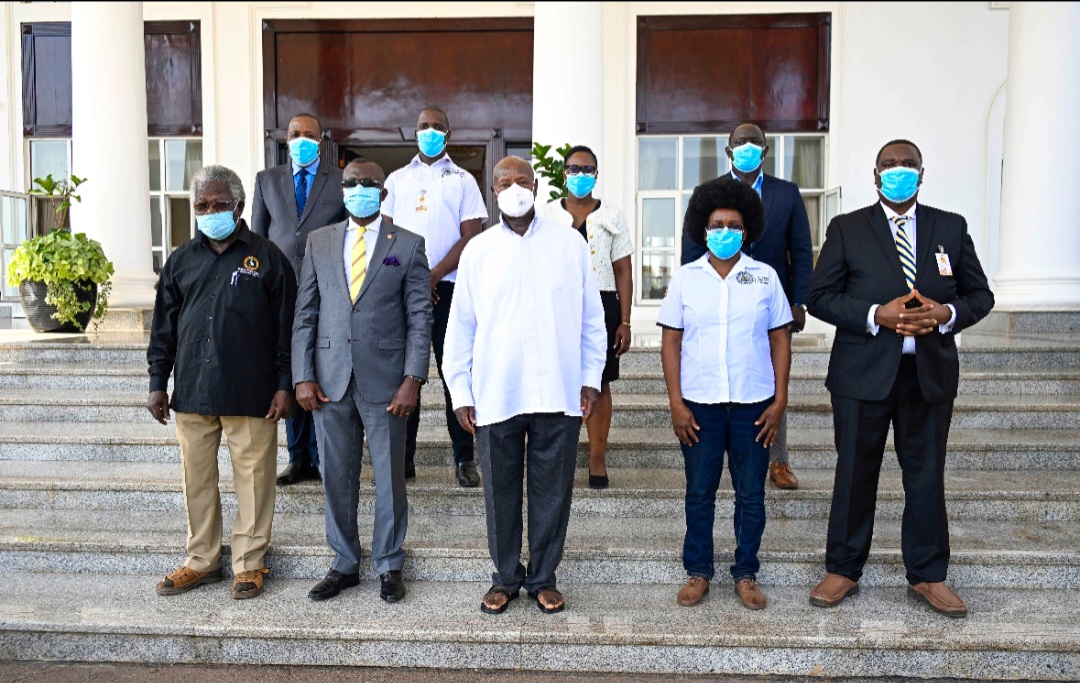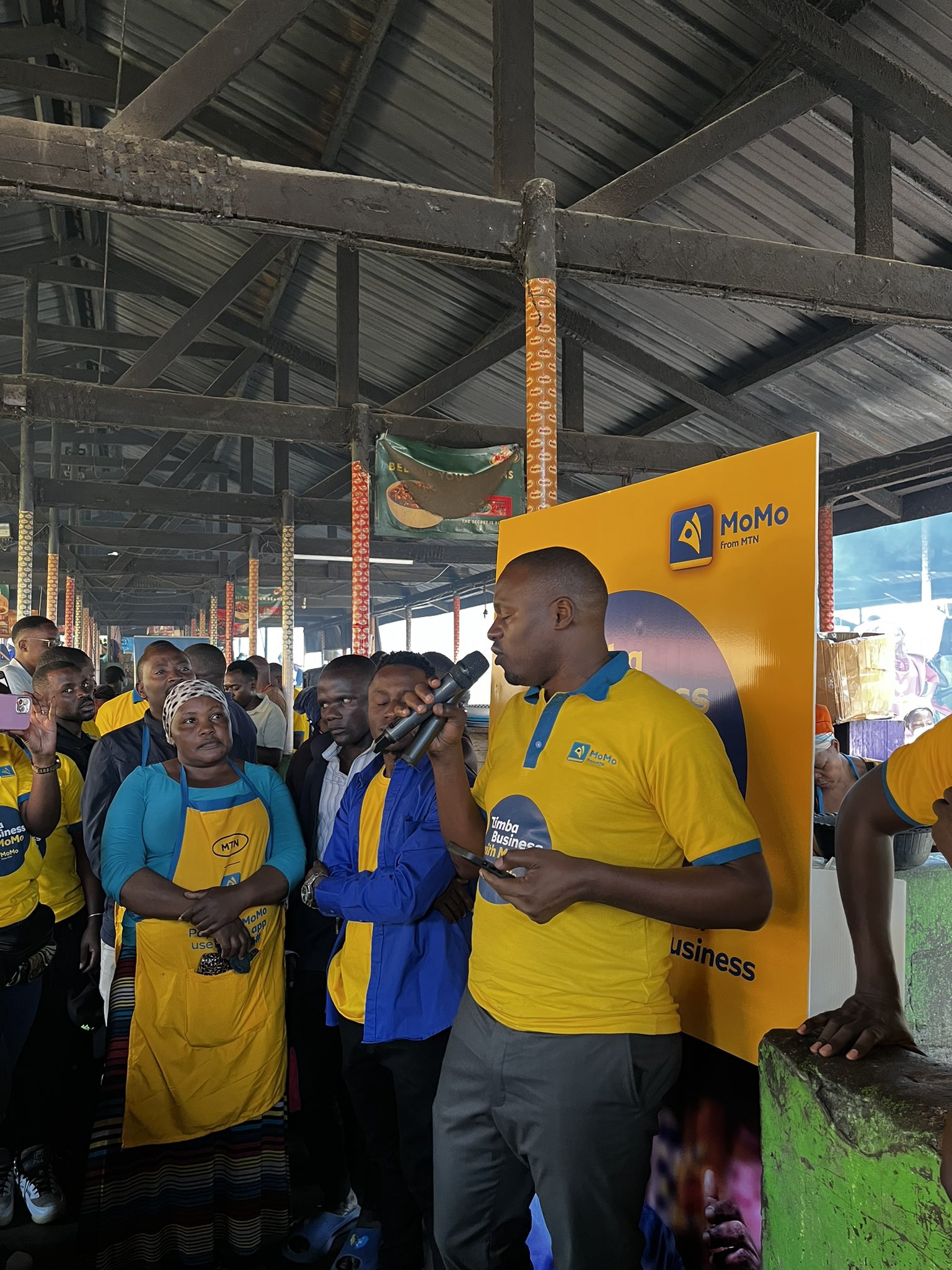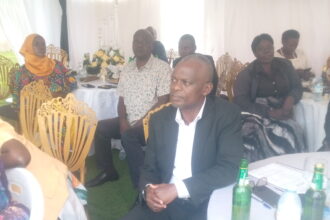The role of an Assistant Resident District/City Commissioner is a complex and multifaceted one, encompassing a diverse range of responsibilities that are crucial to the effective governance and development of a district/city. As the representative of the central government at the local level, the commissioner plays a pivotal role in bridging the gap between national policies and community-level implementation.
- Understanding the Responsibilities of the Position
Policy Implementation
Ensuring the effective implementation of national policies and programs at the local level, while adapting them to the unique needs and circumstances of the district.
Coordination and Collaboration
Facilitating seamless coordination and collaboration between various government agencies, NGOs, and community stakeholders to achieve shared goals and maximize the impact of development initiatives.
Resource Mobilization
Mobilizing resources, both financial and human, to support the district’s development priorities and address the pressing needs of the local community.
- Building Effective Relationships with Local Stakeholders
Foster Trust
Establish strong, trust-based relationships with local government officials, community leaders, and influential stakeholders to facilitate open communication and joint problem-solving.
Engage Meaningfully
Actively engage with the local community, listen to their concerns, and incorporate their feedback into the decision-making process to ensure a collaborative and inclusive approach.
Leverage Partnerships
Cultivate strategic partnerships with NGOs, private sector entities, and other development agencies to leverage their expertise and resources for the benefit of the district.
- Navigating the Political Landscape
Maintain Neutrality
Uphold a neutral and impartial stance, balancing the interests of various political factions and stakeholders to ensure fair and equitable decision-making.
Diplomacy and Negotiation
Develop strong diplomatic and negotiation skills to navigate the complex political dynamics, broker compromises, and forge consensus on critical issues.
Conflict Resolution
Proactively identify and address potential conflicts, utilizing conflict resolution techniques to mediate disputes and foster constructive dialogue among stakeholders.
- Implementing Successful Development Projects
Comprehensive Planning
Develop comprehensive and strategic development plans that align with national priorities and address the specific needs and challenges of the district.
Stakeholder Engagement
Ensure active participation and buy-in from local stakeholders throughout the project lifecycle, fostering a sense of ownership and commitment.
Monitoring and Evaluation
Establish robust monitoring and evaluation frameworks to track the progress and impact of development projects, making data-driven decisions to enhance their effectiveness.
- Promoting Transparency and Accountability
Open Communication
Maintain transparent and frequent communication with the public, proactively sharing information and progress updates on district development initiatives.
Robust Reporting
Establish rigorous systems for financial reporting, auditing, and performance monitoring to ensure the responsible and effective use of public resources.
Citizen Engagement
Encourage active citizen participation in the planning, implementation, and monitoring of development projects, fostering a culture of accountability and trust.
- Fostering Community Engagement and Participation
Needs Assessment
Conduct comprehensive needs assessments to deeply understand the challenges, priorities, and aspirations of the local community.
Inclusive Dialogue
Facilitate inclusive dialogues and forums that allow community members to voice their concerns and contribute to decision-making processes.
Collaborative Action
Empower community members to actively participate in the planning, implementation, and monitoring of development initiatives, fostering a sense of ownership.
- Strategies for Professional Growth and Career Advancement
Continuous Learning
Embrace a growth mindset, actively seeking out opportunities for professional development, such as training programs, mentorship, and peer-to-peer learning.
Networking and Collaboration
Cultivate a robust network of fellow district commissioners, government officials, and development experts to exchange ideas, share best practices, and explore collaborative initiatives.
Career Advancement
Demonstrate exceptional leadership, innovation, and results in your current role to position yourself for future advancement and career growth within the public sector.
- Keys to Effective District Leadership
Adaptability
Embrace change and be responsive to the evolving needs of your community.
Integrity
Uphold strong ethical principles and serve as a role model for your district.
Visionary Mindset
Develop a long-term vision for the district and work towards sustainable progress.
Servant Leadership
Prioritize the needs of your community and empower others to succeed.
In conclusion, I encourage my fellow comrades to make research as much as possible, acquire knowledge about government programs and public affairs, be people centered in problem solving, love our country and care for the environment.
By Balidawa Edward
Assistant RDC Kamuli District
Edwardbalidawa18@gmail.com
+256771834026
Do you have a story in your community or an opinion to share with us: Email us at Submit an Article









